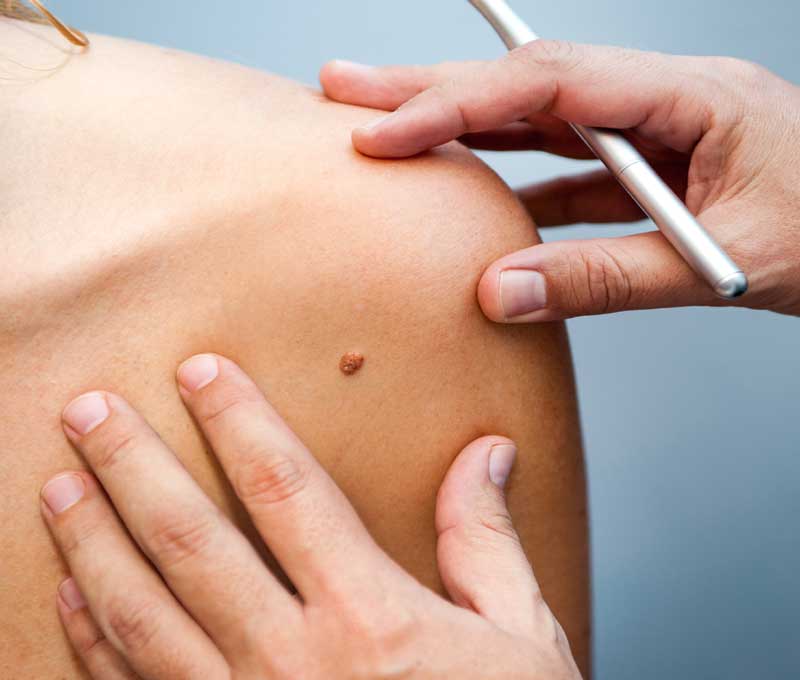
Health News
Features
-
Tackling Prostate Cancer
Understanding the Risks and Preventative Options by TERESA SCHIFFER No one wants to hear “cancer” when they go to the doctor, but when it comes to prostate cancer, there can be a silver lining. Even though it makes up about ten percent of new cancer diagnoses each year, it only accounts for about five percent…
-
Raising Awareness About Skin Cancer
The month of May is recognized as Skin Cancer Awareness month, and although it just passed, the topic of skin cancer and preventative care is relevant year-round, especially in an environment like Florida’s. As we head into the hot summer months, it is important to know the different types of skin cancer as well as…
-
Running For a Cause
A Look at the 2019 Fallen Heroes Memorial 5K By MARY TOOTHMAN Why would hundreds of people opt to leave their air-conditioned homes, offices, and cars to run a 5K under a blazing hot Florida sun one recent Saturday in May? We all know of runners who pound the pavement in races because they love…
Columns
-
Your Eyes Are the Windows to Your Health
by DR. SELINA LIN Did you know that countless medical conditions can be detected during an eye exam? The most common medical diagnoses detectable are diabetes and hypertension. These medical diagnoses can cause hemorrhages and swelling in the retina that may need treatment. Worsening eye findings could indicate deteriorating disease processes in the body and…
-
Photodynamic Therapy Effective in Fight Against Skin Cancer
Photodynamic therapy (PDT) is a medical treatment used to treat precancerous cells, as well as other conditions. It can be used on the skin, eyes, mouth and lungs. The treatment involves using a medicine, such as Levulan Kerastick®, either topically or inside the body, followed by a blue light source to activate the drug. One…
-
Risk Factors for Peripheral Arterial Disease
September is Peripheral Arterial Disease awareness month. PAD is a chronic condition affecting 20 million people in the U.S. If left untreated, it can result in unnecessary limb amputations. This has been seen disproportionately in people from minority communities. It involves a buildup of plaque in the arteries— much like how your kitchen sink builds…





